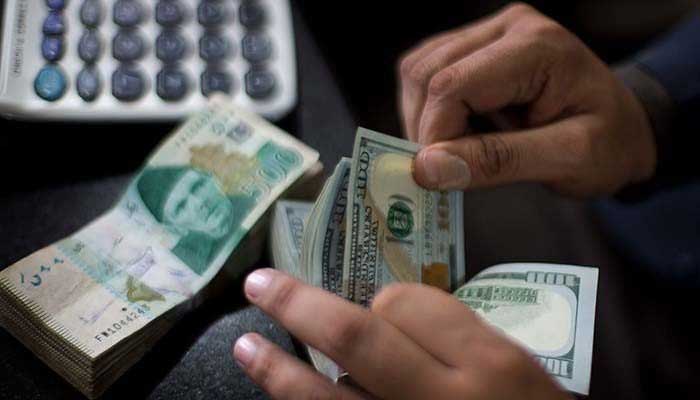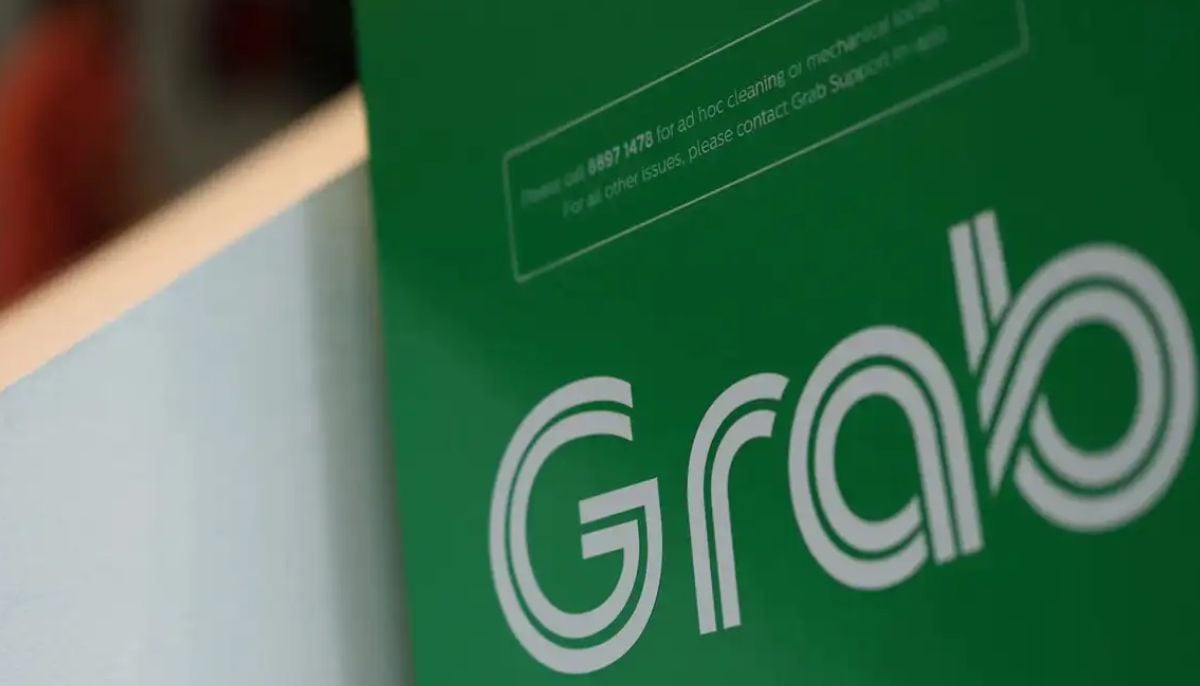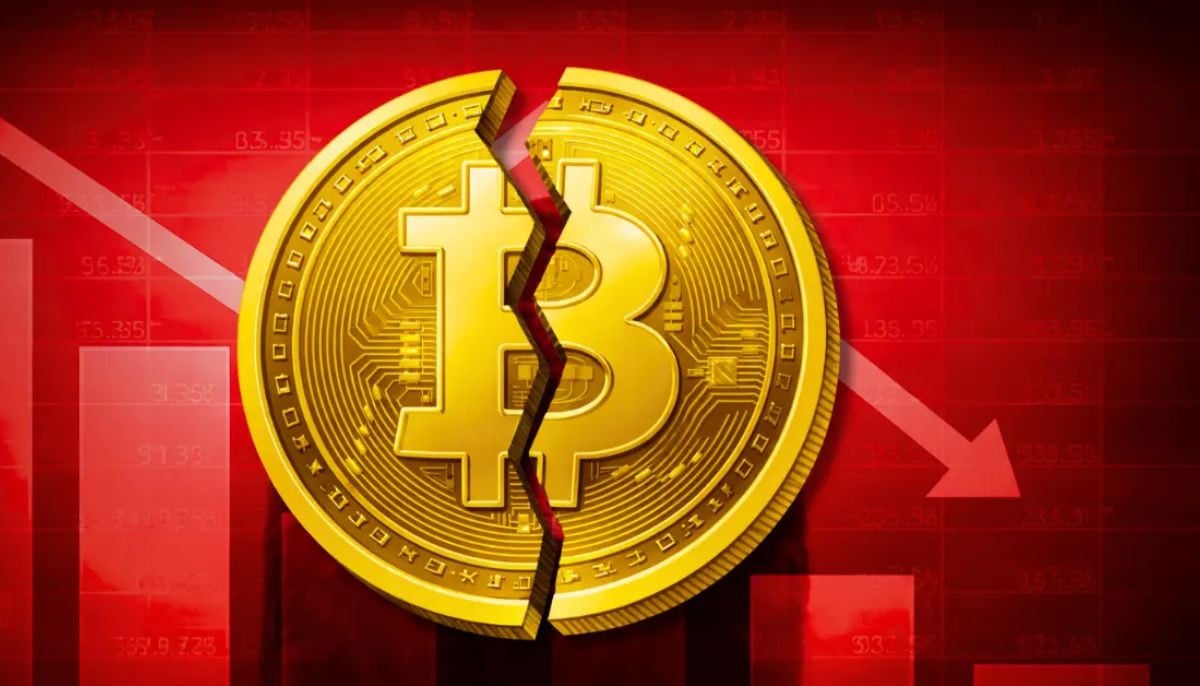PKR to dollar: Rupee falls sharply amid delay in IMF deal
US dollar closes at Rs285.09 in interbank market after appreciating by Rs18.98
KARACHI: The local currency fell sharply on Thursday against the US dollar amid a delay in the International Monetary Fund’s (IMF) deal, plunging by Rs18.98 in the interbank market.
The dollar closed at Rs285.09 in the interbank market, according to the State Bank of Pakistan (SBP), down from yesterday's close of Rs266.11.
Speaking to The News, currency market expert Adnan Agar said the currency had been sliding after delays in a deal between Pakistan and the IMF. He said the country was "nearing a default situation" with this delay.
"Uncertain political situation remained another factor behind the rupee's depreciation," he added.
Meanwhile, ECAP general secretary Zafar Paracha said that the main concern in the market was the delay in the agreement with IMF, however, the lender's condition to peg the currency rate with that of the grey market had triggered uncertainty.
Paracha said, in his view, the current rate was too high and shouldn't have risen that much.
He added that in the grey market, the greenback was being traded at Rs290 a day ago.
'Rupee slaughtered'
Pakistan Tehreek-e-Insaf (PTI) Chairman Imran Khan clammed the government for slaughtering the rupee.
"Rupee slaughtered — lost over 62% or 110/$ in 11 months of PDM. This has increased public debt alone Rs 14.3 trillion and historic 75-year high inflation 31.5%," noted the former prime minister.
The PTI chief alleged that the country was "paying heavy price of regime change conspiracy where a bunch of criminals" were "foisted upon nation" by former army chief.
IMF talks
Pakistani authorities have been negotiating with the IMF since early February over policy framework issues and are hoping to sign a staff-level agreement that will pave the way for more inflows from other bilateral and multilateral lenders.
Once the deal is signed, the lender will disburse a tranche of more than $1 billion from the $6.5 billion bailout agreed to in 2019.
Pakistan has already taken a string of measures, including adopting a market-based exchange rate; a hike in fuel and power tariffs; the withdrawal of subsidies, and more taxation to generate revenue to bridge the fiscal deficit.
Officials say the lender is still negotiating with Islamabad over power sector debt, as well as a potential rise in the policy rate, which currently stands at 17%.
The strict measures are likely to further cool the economy and stoke inflation, which stood at 31.55% in February.
The South Asian country's economy has been in turmoil, and desperately needs external financing, with its foreign exchange reserves dipping to around $3 billion, barely enough for three weeks' worth of imports.
New ‘Peshawar market’ proposal
According to a The News report, the IMF side has proposed a different prescription to Pakistan for allowing further depreciation of the rupee against the greenback.
“The lender is demanding for placement of a market-based exchange rate equivalent to the level of higher side prevalent in the bordering areas adjacent to Afghanistan,” the report said.
The IMF has shown its uneasiness over the different rates in the interbank market and dollar rate offered in the “Peshawar market” as traditionally there was an incentive of Rs20 against the US dollar.
This new prescription by the IMF on the exchange rate has triggered a debate between the Washington-based lender and Pakistan’s economic team.
The incidents where the Afghan businessmen bought dollars from Peshawar by paying Rs20 extra against the prevalent rate of the interbank market cannot be replicated for the whole of Pakistan, an official told the publication.
-
Uber enters seven new European markets in major food-delivery expansion
-
Will Warner Bros finalize deal with Paramount or stays loyal with Netflix's offer?
-
$44 billion Bitcoin blunder: Bithumb exchange apologizes for accidental payout
-
Global memory chip crunch puts spotlight on Apple; Will iPhone become more pricey?
-
Bitcoin plummets toward $60,000 as investors dump risky bets
-
Bitcoin crashes below $63K as regulatory pressure and market fears grow
-
Bitwise Crypto Industry innovators ETF: What investors should do in 2026?
-
Nintendo shares slide again as momentum fears grow












